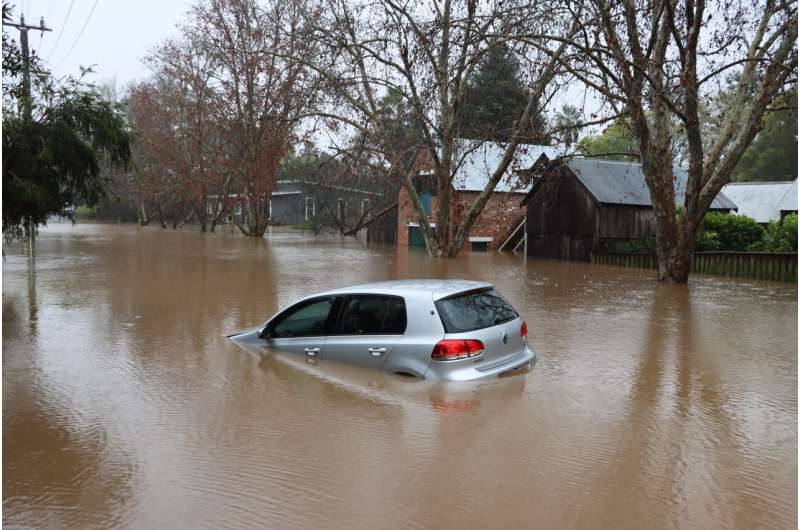Expert Mental Health Guidance for Families Facing Disaster-Related Trauma

Learn how mental health experts recommend supporting children and families through trauma and grief after natural disasters, emphasizing communication, routine, and professional help.
As communities in Central Texas recover from severe flooding, the emotional and psychological impacts on families, especially children, are becoming more evident. The aftermath of such natural disasters extends beyond physical destruction, deeply affecting mental health. Dr. Anka A. Vujanovic, a licensed clinical psychologist and professor at Texas A&M University’s Department of Psychological and Brain Sciences, emphasizes the importance of navigating grief and trauma with care.
Dr. Vujanovic, who leads the Trauma and Stress Studies Center and the First Responder Consortium, specializes in post-traumatic stress disorder (PTSD) and trauma recovery. Her research focuses on vulnerable groups including first responders, military veterans, and survivors of personal trauma. She advocates for clear, age-appropriate communication with children following disasters. Parents are encouraged to keep conversations simple, monitor media exposure to prevent distressing content, and engage in discussions about the events with their children to foster understanding.
She stresses the role of creating a sense of safety through consistent routines and open dialogue. Recognizing that grief manifests differently across children based on age and development, Vujanovic highlights behaviors such as anger, tantrums, increased crying, sleep issues, regression, withdrawal, risk-taking, and expressions of hopelessness as common reactions. Caregivers should be attentive to these signs, providing space for feelings and acknowledging that everyone’s healing process is unique.
Recovery from trauma is non-linear and requires ongoing support. Strategies include maintaining daily routines, promoting healthy habits like nutritious eating, hydration, physical activity, and sufficient rest, limiting distressing media, and seeking professional help if symptoms persist or worsen. Social support is vital not only in the immediate aftermath but also months later, to aid sustained healing.
First responders, who directly witness traumatic events, also require emotional care. Vujanovic underscores the importance of giving them time and space to process their experiences, with dedicated support through initiatives like the Texas A&M First Responder Consortium.
Her overarching message is one of compassion, resilience, and connection. As communities work toward rebuilding, she urges kindness and understanding, emphasizing that collective recovery involves ongoing emotional support and solidarity.
Additional resources for trauma and grief support include organizations like the International Society for Traumatic Stress Studies, the Meadows Mental Health Policy Institute, the National Child Traumatic Stress Network, and SAMHSA’s coping tips for disasters.
Stay Updated with Mia's Feed
Get the latest health & wellness insights delivered straight to your inbox.
Related Articles
Preexisting Mental Health Issues Likely Drive Video Game Addiction in Adolescents
New research indicates that preexisting mental health issues like depression and anxiety significantly contribute to video game addiction among adolescents, emphasizing the need for targeted mental health treatment.
Maternal Depression Significantly Affects Parenting Quality
A recent comprehensive review reveals that maternal depression significantly impairs parenting behaviors, mother-baby bonding, and family wellbeing. Effective interventions can improve outcomes for mothers and children alike.
Resilience as a Key Factor in Mitigating Emotional Challenges in Girls with Juvenile Fibromyalgia
A recent study reveals that resilience significantly protects emotional health and brain function in girls with juvenile fibromyalgia, opening new avenues for psychological interventions to improve their quality of life.



